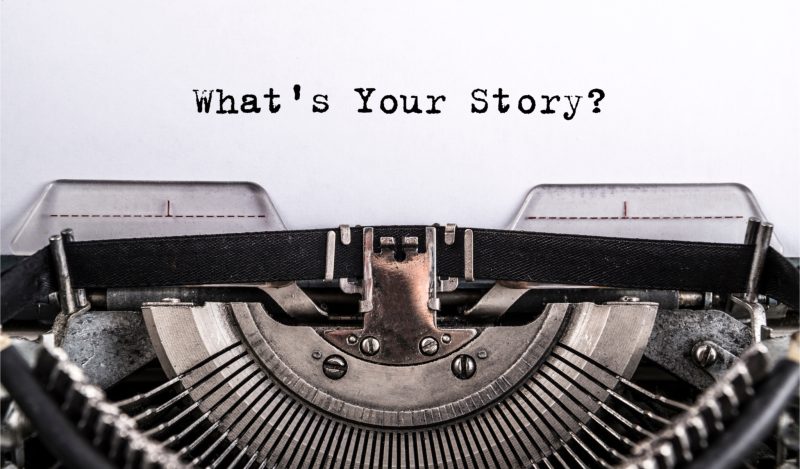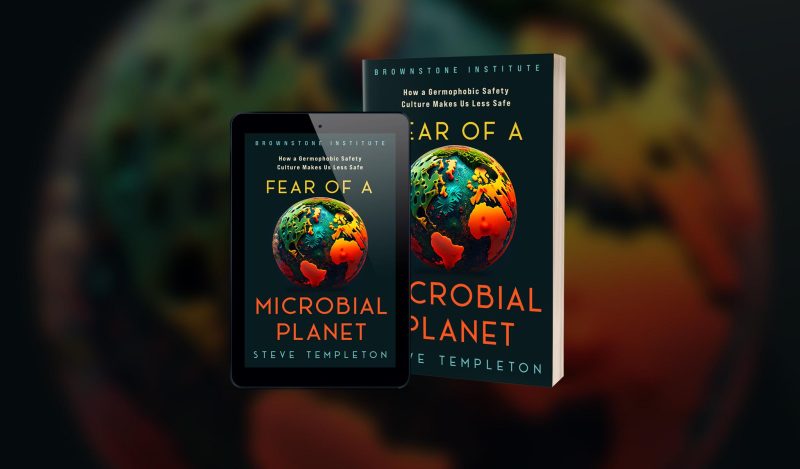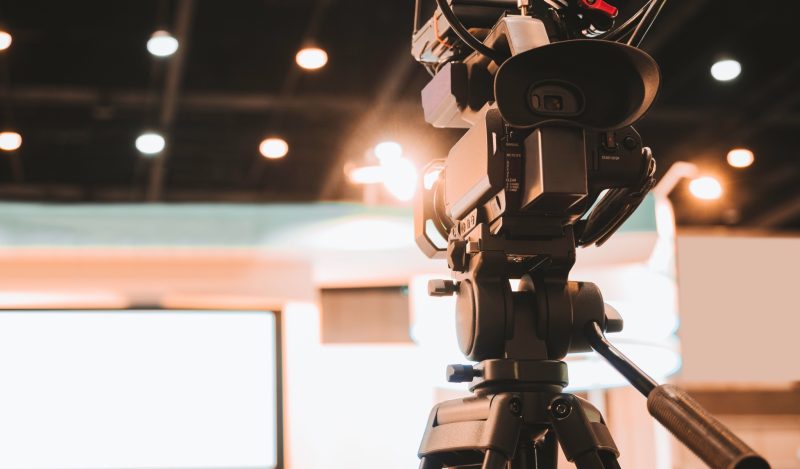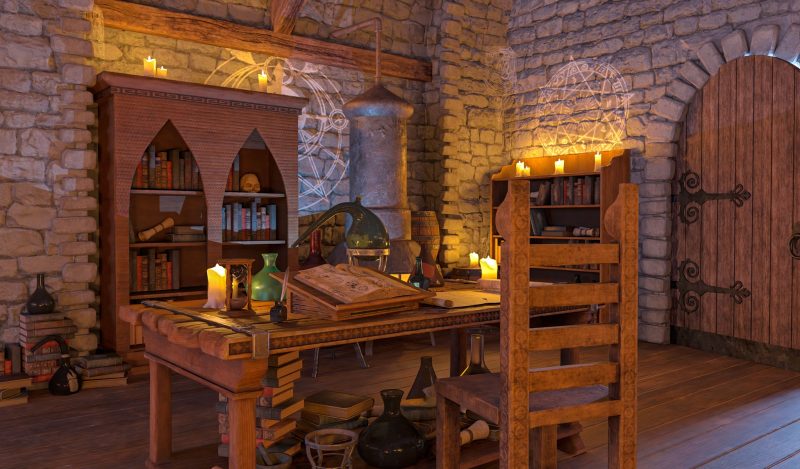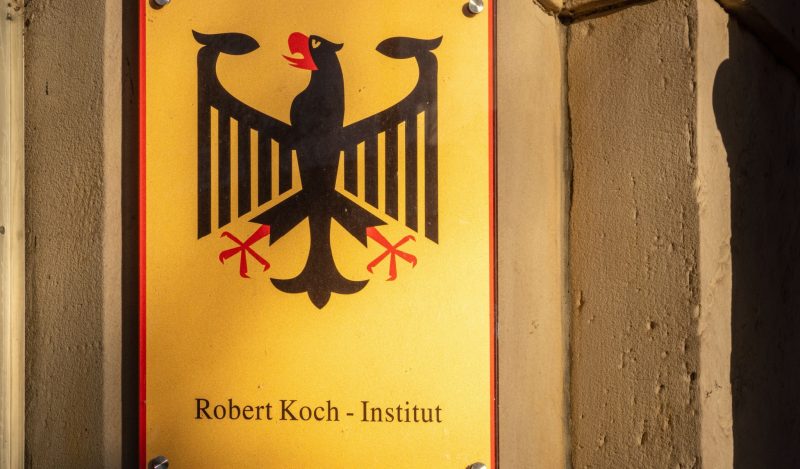Finally, lawmakers in DC are right about something. Congress has realized that we need to preserve our memories of the Covid era. The virus and our response to it have altered American society in both mundane and supremely consequential ways. It is imperative to our understanding of our own history that we record and archive our experiences for future generations.
However, Congress’s plan won’t tell the whole story. Each of us—all 330 million Americans—have our own experiences from this time. But rather than helping collect these memories in an objective and honest way, Congress is instead establishing itself as the arbiter of our collective story. And when the government chooses our history, it inevitably spoils the truth.
Congress’s proposed COVID-19 American History Project Act aims to create a government-friendly narrative that addresses certain preferred stories while ignoring the destructive policies and anxieties inflicted on the people.
The legislation proposes collecting and preserving stories only of the “heroic healthcare workers” and those who “lived through or died from the COVID-19 pandemic.” There seems to be no plan to record the history of lockdowns, masks, school closures, family separations, travel restrictions, vaccinations and other unprecedented government restrictions on society.
Even if the act was open to preserving the experiences of all Americans, we cannot and should not trust the government to accurately document the fallout of policies created by politicians and bureaucrats, many of whom remain in power. The same government that perpetrated these restrictions cannot impartially determine how we remember them.
There is a role for government in helping future generations learn from the past, and, in fact, our government has previously successfully organized the collection of our stories. During the Great Depression, the Federal Writers Project (part of the New Deal) dispatched unemployed writers to record the oral histories of freed slaves to preserve their experiences.
Those interviews are archived in the Slave Narrative Collection at the Library of Congress. The monumental effort to collect and archive the experiences of the last living freed slaves was a noble task undertaken without bias or preconception. The government did not set the narrative; the contributors did. The project has never been suspected of coddling the government or the ruling class.
Today we have the means and the precedent to share our stories and archive them in an unbiased and nonpartisan way. Whereas the New Deal writers traveled the country to record freed slaves, we have the benefit of the internet. A year ago, a group of liberals and conservatives—a historian, writers, parents, a lawyer, a doctor and others—founded an all-volunteer nonprofit to collect and preserve as many stories of the Covid era without preconceived notions or conditions.
We started a website, www.CovidStoriesArchive.org, where people can submit their stories and we archive them, unedited and without bias.
What we have found already provides a glimpse at our time and will be made available for scholars and writers for years to come.
Some people write about experiences with illness and the deaths of loved ones caused by Covid-19.
Others write about the fractures in social norms during this era. Many comment on school disruptions, and others have stories about vaccine mandates. A large number of submissions describe painful family separations, often the result of one family member suffering from extreme anxiety.
We have received stories about people struggling with mask mandates due to disabilities or past trauma. Multiple women have submitted emotionally raw stories of the extreme distress they faced from hospital restrictions during childbirth. One woman wrote about her father who woke from a coma only to find, “a literal new world.” Some write about economic ruin, and others write of profound loneliness.
We have also received submissions from Americans who appreciated the restrictions. Some write about achieving great productivity or finding renewed closeness with their families from time spent together during lockdowns. Others describe feeling safer because the government and businesses imposed restrictions.
These are your stories; this is your history. It must be told honestly and without preconceptions. The government, as a central player in this tragedy, is not in a position to safeguard that truth. Rather, it is up to you.
Published under a Creative Commons Attribution 4.0 International License
For reprints, please set the canonical link back to the original Brownstone Institute Article and Author.
